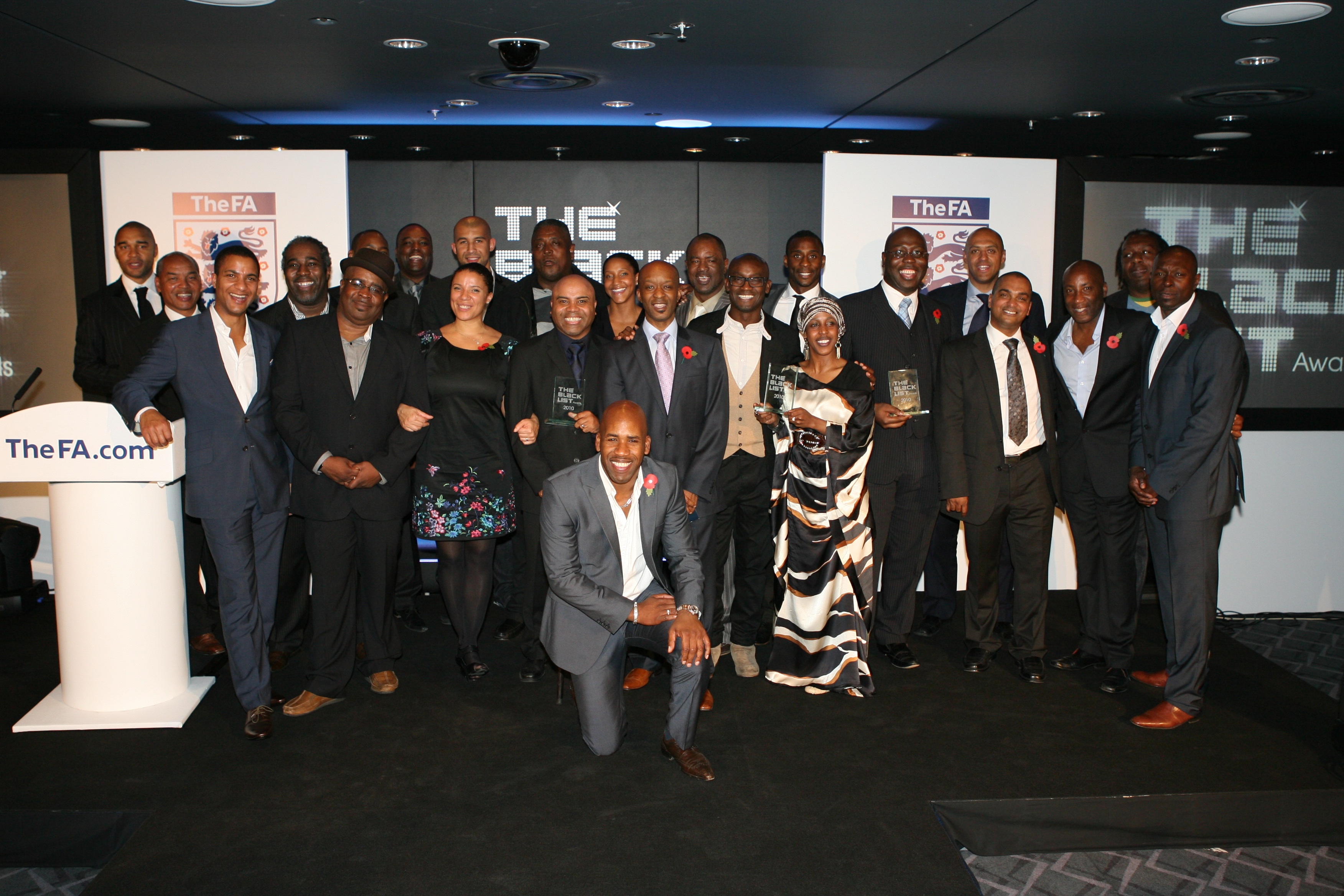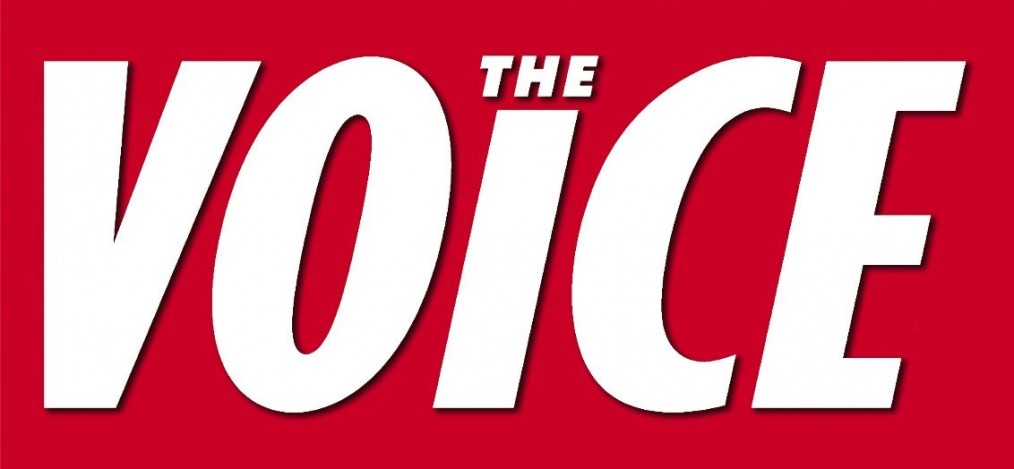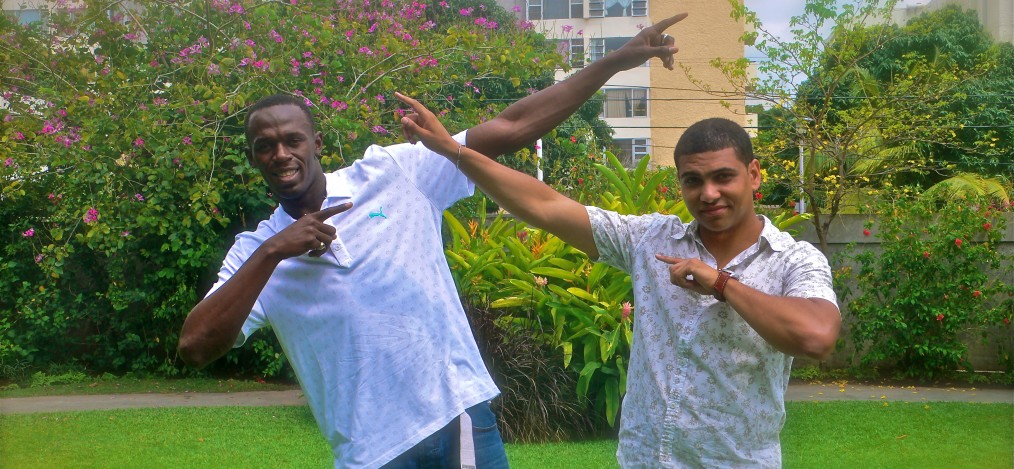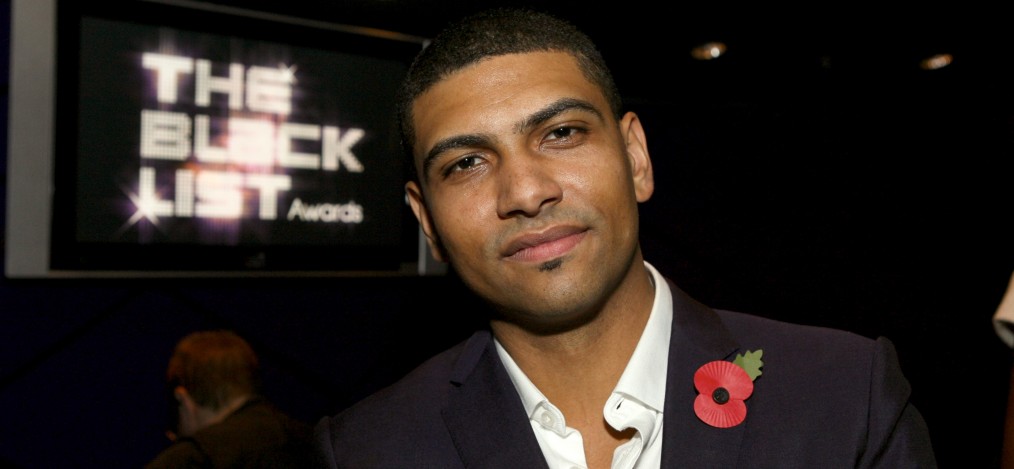 It’s the end of the season, so time for Football’s Black List to be revealed.
It’s the end of the season, so time for Football’s Black List to be revealed.
The list highlights those who the black community sees as its most influential and powerful in the game. It is divided into the following sections – coaching and management, community and grassroots, commercial, administration, media and players contributions off the pitch (charity work, sitting on boards etc).
It is a democratic voting system that decides the final list. The judges this year were myself and Rodney Hinds – as founders, sports reporter Jess Creighton, and former footballer Michael Johnson. The judges all submitted their lists separately.
I personally found it very difficult to come up with my own list. And, as with all the judges, not everyone we put forward individually made the final list. There are so many deserving people from the community – but I hope, in time, everyone feels rightly recognized.
Every year there are those who suggest the list is divisive as it only celebrates black achievement. So let me explain… The minority experience in many walks of life is different to what many others face. In football it is particularly hard. The lack of diversity across the football industry – away from the pitch – reflects this reality.
One day there may be no need to recognize a minority struggle – but today there most certainly is. If you are struggling to understand this, then it may be because you find it hard to connect with being a minority. If you are a minority who would prefer not to talk about struggles – then I will not judge you – but I ask that in turn you leave others to address these issues in their own way too.
We have had non-black people celebrated at the Black List Awards in the past and will continue to do so. All contributions to the struggles the black community face in football are hugely appreciated.
However, the Black List is designed to celebrate talented people from the black community, make them more visible and, in the process, inspire others to join the industry and help address huge under representation.
The very concept of a Black List can be uncomfortable, but I won’t apologise for that – the alternative is we all sit back, shake our heads about a problem and do nothing for fear of a difficult conversation. Instead I’d prefer we get real, understand diversity is not a threat and show some serious commitment to achieving genuine equality across football.
— Football’s Black List will be revealed in The Voice Newspaper on 15th May 2014 —



